Watch Out for These Red Flags, is a recap of “How a Publisher Can Kill Your Success” a recent episode on our Book Marketing Tips & Author Success podcast.
We delve deeper into our discussion about this important topic for authors trying to figure out the ins and outs of book marketing, so be sure to download and listen to the show for all the details, recommendations and considerations!
Let me say up front that we aren’t here to badmouth publishers. Instead, consider this more a guide to help you decide what publishing options are best for you because right now, authors have a lot of choices- and there are a lot of bad publishers out there!
Many authors have this set path they follow from book idea to release and beyond, but they don’t realize how much their publishing choices can affect the future viability of their book. So yes, a publisher can seem like the lucrative or easy way to get the book out. However, that’s typically not the case once it’s time to start getting the book in front of readers.
The issue for many authors is that they want the cache of having signed with a publisher – regardless of who that publisher is. It’s easy to get caught up in the excitement of it all, but really it’s important to remember that this is a business decision and, as such, you need to make sure that the publisher is doing their BEST work for you.
Types of Publishers
Let’s discuss the different types of publishers out there because that gets confusing. So you have indie or self-publishing companies, and Kindle Direct Publishing is a good example of that.
Hybrid publishers are an interesting mix between like a KDP and a trade publishing house – whereas they may charge you to publish, but they’ll also do a certain number of things to help you sell your book – and that’s key, because you need to know WHAT they’re doing and, get it in writing (because if it’s not in writing, it probably won’t happen).
I also think it’s worth mentioning that you need to interview any prospective publishers. Speak with them and ask good questions, and look at other books they’ve published. Look at their covers, look up the books on Amazon, and then go a step further and Google the authors to find out their experience with the publisher. Because authors are *always* willing to share insights into things they’ve done, people they’ve worked with- so don’t hesitate to ask!
Access and Control
One of the biggest issues we face with authors is access and control regardless of who they have selected as a publisher.
When authors contact us about a marketing collaboration, I always verify how they’ve published or how they’re publishing. Our ability to assist you in marketing your book through as many channels as possible is absolutely affected by your publishing contract.
Some publishers sadly leave us with very little we can do. And it’s not just us; it’s you because our access is a reflection of your autonomy over your work and what can make your book a success.
One of the workarounds for the control piece of it is to publish your eBook straight to KDP, so you have access, but authors are sometimes hesitant to do that – which I understand, if you’ve signed up with a publisher, they want to do all the editions – so if you aren’t going to publish straight to Amazon, it’s good to ask them about getting access to your book editions, especially your eBook.
Pricing
A huge part of this is the price point of your book. So even if the publisher prices your print edition out of the market (meaning, it’s priced much too high for what typical readers or your topic or genre are willing to spend), having control over your eBook gives you the option to counter that.
We’ve seen enough publishers mismanage books when it comes to pricing, in particular. One reason that publishers often price books so high is that they know that typically the authors buy the first 100 copies, so that’s how publishers often earn back the costs they incur for cover design, etc. and this is particularly true if you aren’t paying them to publish your book.
The reality is there are hundreds of publishers and a spectrum of different ways they can go about selling their services, there is no consistency or regulation on this, so you just need to do your due diligence.
This is critical for authors who want to publish a series, whether it’s a more traditional fiction series or if you write non-fiction and plan to release multiple titles for your topic or area of expertise. If you go with a publisher for your first book, and it’s not a good match, and that book gets stuck in a contract that limits your book marketing abilities, it’s going to create a big disconnect between that book and your future titles.
Book Rights
I think the final major issue is the book rights because if you’re using a hybrid publisher or any indie publisher, you should NOT be signing away any rights to the book at all.
If you want to explore using a publisher to get your book out there, by all means, look into your options! But if you remember one thing from this post, it should retain your work rights.
So similar to dating, if things go south, and you decide it’s not a good fit – you must be able to walk away with everything you showed up with, no questions asked, so that you can try another path.
I hope you found this post helpful. Again, make sure to listen to the full episode of our book marketing podcast and leave your suggestions for episode ideas down in the comments below!
Resources and Free Downloads
Check out more episodes of our podcast
Are You Ready for Big Media Coverage
Check out the Alliance of Independent Authors for news and resources
How to Launch Your Book and Still Have A Life
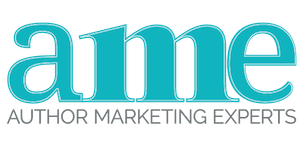
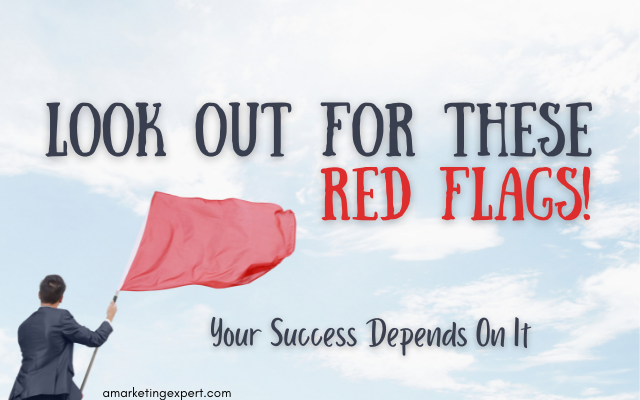
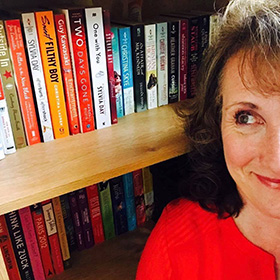
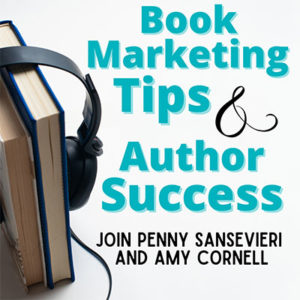
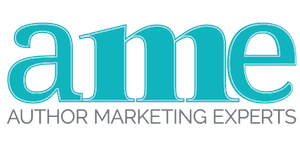
0 Comments